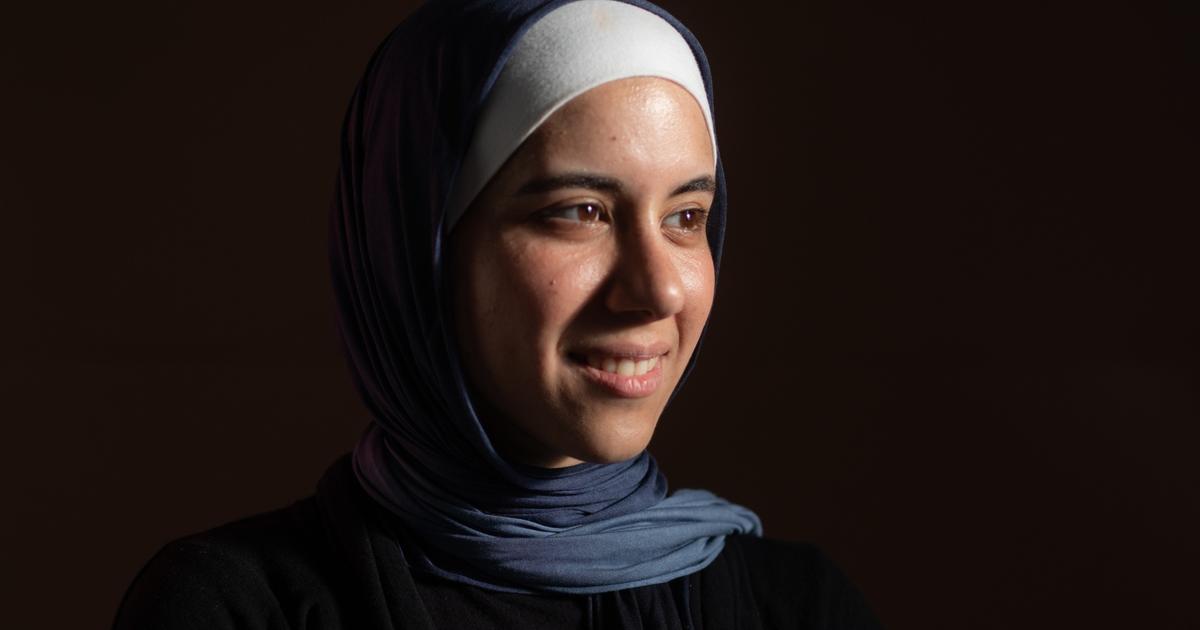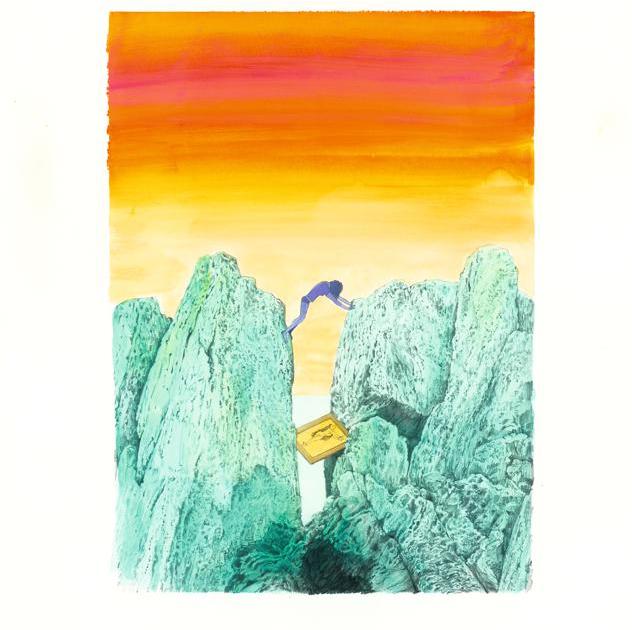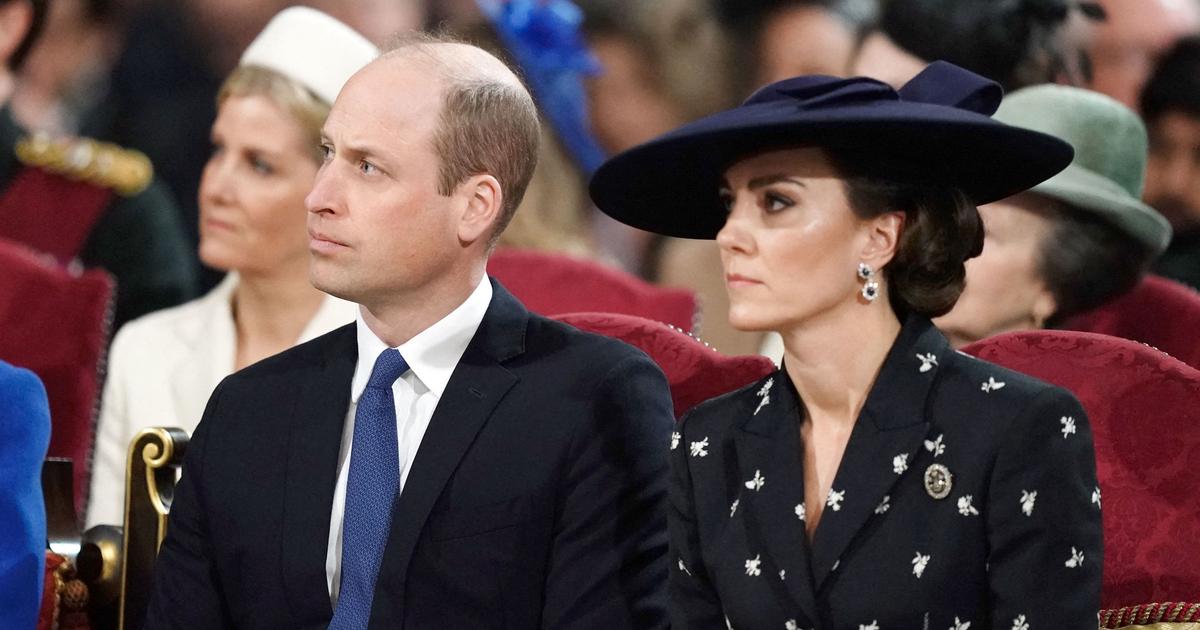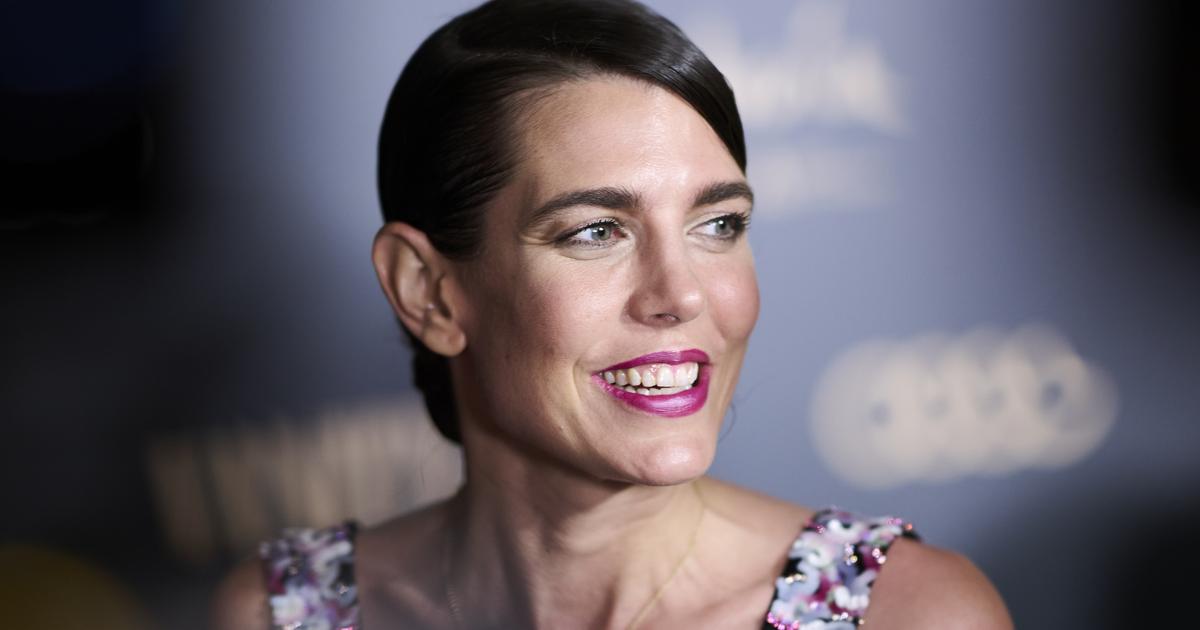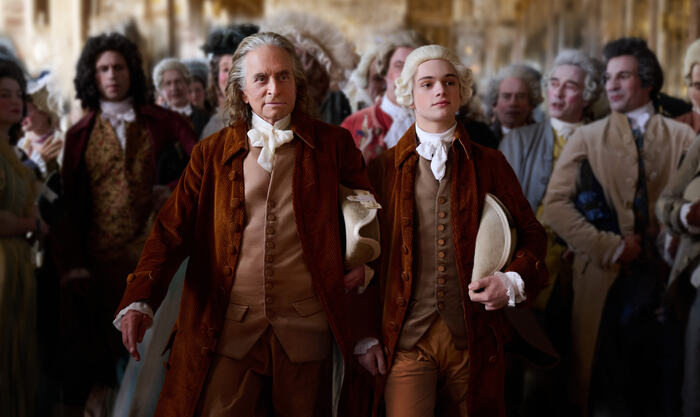Unanimously, the jurors of the Prix de la Photo Madame Figaro - Arles chose Amina Kadous, born in Cairo in 1991, for her project entitled "White gold" ("White gold"), presented in the exhibition "Si un tree falls in a forest”, in the Cruise area.
The photographer weaves the story of a family and national history from El-Mahalla El Koubra, her birthplace and pioneer center of the cotton sector until the end of the 1970s, around the company Misr Spinning & Weaving , then the largest textile factory in the world.
In 1969, Amina's grandfather founded his cotton factory there.
His son joined him twenty years later.
And in 2006, the Egyptian protest began there, in the textile sector.
To discover
Listen > our Scandals podcast “
Paris Hilton: rhinestones, champagne and dark secrets
”
Full screen
September 18,2020, el Mehalla El Kobra, Egypt.
Amina Kadous
A work of memory
The “White Gold” series evokes the voids left by time as Egyptian cotton declines.
A work of memory, sensitive, poetic and intelligent, which strives to bring together the traces of his childhood, between loss and transmission, in his grandfather's house and the cotton fields.
“The series is a search for my personal identity and national identity.
A cycle of failures and possibilities.
(…) Uprooted and torn from the ground, I see my reflection in the path of the cotton.
A symbol of what I am constantly trying to become.
The white cotton flower is transformed internally and externally until it is woven, transformed into fabric.
In the same way, I try to adapt to the outside world, to weave my life into the currents of today.
Inspiring me from
legacy of my grandparents, their archives and the eroding history of my country, I try to reconnect and harvest what is left of our own withering cotton seeds.
From what was once a major symbol of our Egyptian identity,” she explains.
Full screen
January 21,2021, El Mehalla El Kubra, Egypt.
Amina Kadous
A documentary work, which she speaks of as "little fragments of a long search to understand her present."
Even as a huge new capital - Al Masa - is being built in Egypt.
While Amina Kadous studied in Boston, her work has been shown there, as well as in London, Paris, Cape Town and Mali.
In December 2019, she received the Center Soleil d'Afrique prize at the 12th edition of the Bamako Photography Biennial.
Evening at the ancient theater
The Madame Figaro Rencontres d'Arles photo prize has been awarded every year since 2016, during an evening at the ancient theatre.
The winner receives an endowment of 10,000 euros and is invited to carry out a project published the following year in
Madame Figaro
.
In exchange, she gives the Fondation des Rencontres d'Arles prints that enrich a collection started more than fifty years ago and which contains images of great names in 20th and 21st century photography.
The award is supported by Women in Motion, a program of Kering, by BMW Group France and by Barbara Sturm.
This year, the presidency of the Madame Figaro Photo Prize was ensured by Virginie Efira, surrounded by Anne Berest, Jean-Pierre Blanc, Nicolas Di Felice, Brigitte Lacombe, Caroline de Maigret, Kamel Mennour, Souheila Yacoub, Rebecca Zlotowski and d 'Anne-Florence Schmitt, editorial director of
Madame Figaro.
Amina Kadous joins our previous laureates;
the Spaniard Laia Abril, crowned in 2016 for her project on the history of misogyny, the Chilean Paz Errazuriz, chased by Augusto Pinochet, showing those whom society does not look at, the Polish Wiktoria Wojciechowska, who documented the war in the Donbass in the manner of artists painting icons, the Greek Evangelia Kranioti, for her immersion near sailors and those who live in ports
,
and Sudanese Eythar Gubara, who showed images of women in a male-dominated Sudan.

